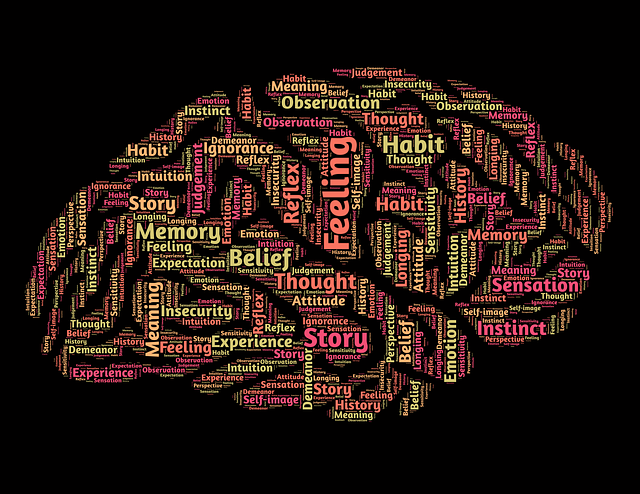
Some of us are overrun with ANTs. The influence of those ANTs affects every cell of our body. It changes the cell’s make-up and how it reacts. In fact, as those ANTs-influenced cells divide and reproduce, the resulting new cells will become more receptive to ANTs.
Is this another horrible 2020 health scare? Are we being taken over by giant zombie ants? Sigh.

No. You can rest easy. Breathe.
These ANTs are not the picnic variety, sending scouts to scope out what useable scraps and crumbs you might leave for them.
These are eons-old Automatic Negative Thoughts: ANTs.
This is all a Segway into my series about sustainability. Is how we are living – eating, moving, thinking – creating a healthy, sustainable life?

From my perspective, being unhealthy is not sustainable because it causes decline and premature death. While people do sustain unhealthy lifestyles, what they are doing is not sustaining life.
We’ve all heard the adage, “You are what you eat.” Garbage in; garbage out. Not hard to understand. Hard to apply to daily food choices unless we wear blinders to the advertising that surrounds us and are armed with knowledge.

But here’s a new twist on the old ideas about positive thinking: “You are what you think.”
I’ve long studied about negative thoughts compounding the spiral of stress. That’s not new. But negative thoughts kick off a domino chain reaction that ends with changes in the structure of cells in our bodies.
A more detailed description can be found HERE.

Let me summarize by example. Thoughts are more than some invisible vapor zinging through our physical brains. Thoughts are things that cause chemical changes in our brains that affect how we feel and function. Watch a happy movie and notice how relaxed, refreshed, and happy you feel. Anticipate an evening of challenging, uncontrollable events and observe the reflux kicking in and the muscles in your neck tightening.

Armed with that, read this paragraph quoted from the link above:
The article, How Your Thoughts Program Your Cells. explains it this way:

There are thousands upon thousands of receptors on each cell in our body. Each receptor is specific to one peptide, or protein. When we have feelings of anger, sadness, guilt, excitement, happiness or nervousness, each separate emotion releases its own flurry of neuropeptides. Those peptides surge through the body and connect with those receptors which change the structure of each cell as a whole. Where this gets interesting is when the cells actually divide. If a cell has been exposed to a certain peptide more than others, the new cell that is produced through its division will have more of the receptor that matches with that specific peptide. Likewise, the cell will also have less receptors for peptides that its mother/sister cell was not exposed to as often.

This should give us pause as we partake in negative chatter. From inner dialogue – “I’ll never be able to do this!” “I’m not good enough!” – to outward conversations or negative Facebook feed.

Negativity does not create just a bad mood, but it causes negative things to happen in our cells. As those cells swim in an environment of negatively inspired neuropeptides and are influenced by them, they create daughter cells that respond more readily to negativity and not positivity.
This colors how our bodies function. That smooth heart rhythm we count on. How food is broken down and absorbed for growth and repair. How our blood sugar is regulated. How we sleep.

Time for some mindful breathing, folks.
Time for some quiet meditation.
Time to count your blessings.
Time for thanksgiving.
Time to smile.
Time to love.

Reprograming our thoughts will reprogram our cells which will reprogram how smoothly and sustainably we function.
And just maybe … the ripples will flow right out into the world.
Next week, I’ll continue the theme of sustainability as we explore the last half of this link with the topic of epigenetics and how our life-styles – and thoughts – can turn our genes on or off. Click on the subscribe button so you won’t miss out!
In health-
Deidre

